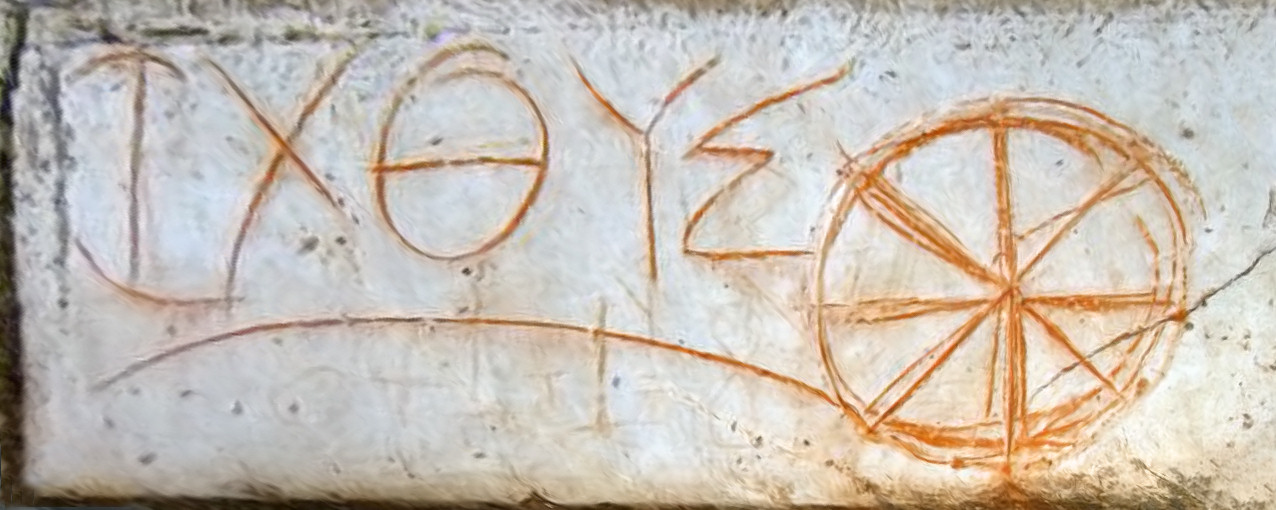1
New Beginnings / ☯️ Onmyōji ☯️ (Japanese: 陰陽師, literally: yin-and-yang master)
« Last post by Yeshu on January 20, 2025, 05:46:07 AM »Onmyōji (Japanese: 陰陽師, literally: yin-and-yang master) was one of the official positions belonging to the Bureau of Onmyō [ja] of the Ministry of the Center under the ritsuryō system in ancient Japan, and was assigned as a technical officer in charge of divination and geomorphology based on the theory of the yin-and-yang five phases. In the Middle Ages and early modern period, the term was used to refer to those who performed prayers and divination in the private sector, and some of them were regarded as a kind of clergy.
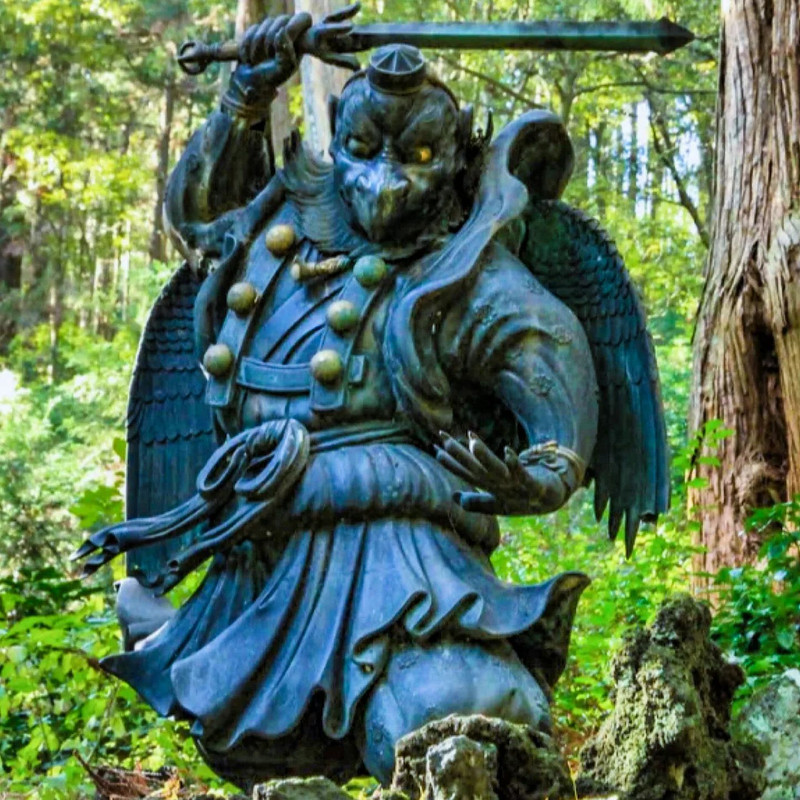
Onmyōdō (陰陽道, also In'yōdō, lit. 'The Way of Yin and Yang') is a technique that uses knowledge of astronomy and calendars to divine good fortune in terms of date, time, direction and general personal affairs, originating from the philosophy of the yin-yang and the five elements.[1]
The philosophy of yin and yang and wuxing was introduced to Japan at the beginning of the 6th century, and, influenced by Taoism, Buddhism, and Confucianism, evolved into the earliest system of Onmyōdō around the late 7th century. In 701, the Taiho Code established the departments and posts of onmyōji who practiced Onmyōdō in the Imperial Court, and Onmyōdō was institutionalized.[2][1] From around the 9th century during the Heian period, Onmyōdō interacted with Shinto and Goryō worship (御霊信仰) in Japan, and developed into a system unique to Japan.[3][4] Abe no Seimei, who was active during the Heian period, is the most famous onmyōji (Onmyōdō practitioner) in Japanese history and has appeared in various Japanese literature in later years. Onmyōdō was under the control of the imperial government, and later its courtiers, the Tsuchimikado family, until the middle of the 19th century, at which point it became prohibited as superstition.[2][1]
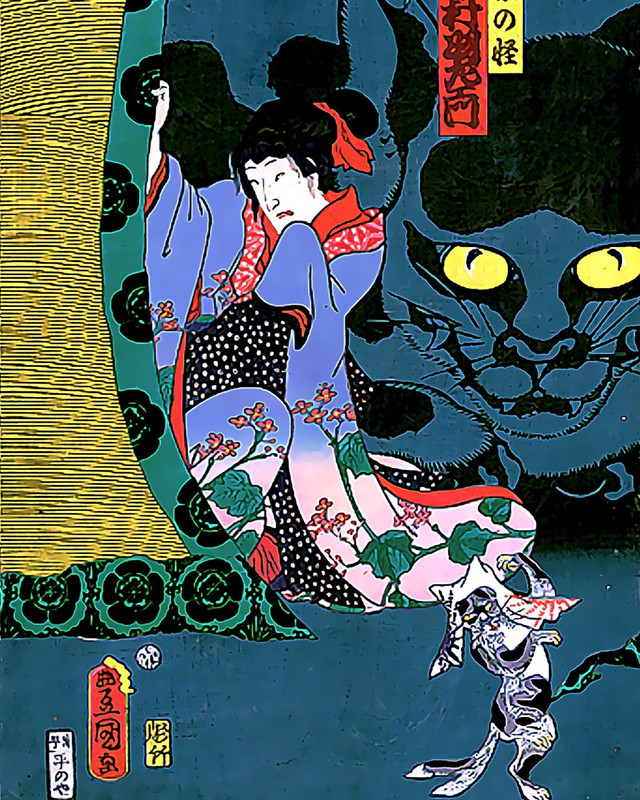
In the 5th and 6th centuries, the principles of yin-yang and the Five Elements were transmitted to Japan from China and Baekje along with Buddhism and Confucianism, particularly by the obscure Korean monk Gwalleuk. Yin-yang and the Five Elements, as well as the divisions of learning to which they were linked – astronomy, calendar-making, the reckoning of time, divination, and studies based on observation of nature – were amalgamated into fortune telling. This process of judging auspicious or harmful signs present in the natural world, was accepted into Japanese society as a technique for predicting good or bad fortune in the human world. Such techniques were known mostly by Buddhist monks and physicians[5] from mainland Asia, who were knowledgeable in reading and writing Chinese. Over time, demand from members of the Imperial Court who believed that Onmyōdō divination would be helpful in decision-making, made it necessary for the laity to perform the art, and onmyōji began to appear around the middle of the 7th century. Under the Taiho Code enacted in the early 8th century, the departments of the Imperial Court to which onmyōji belonged were defined by law.[1]
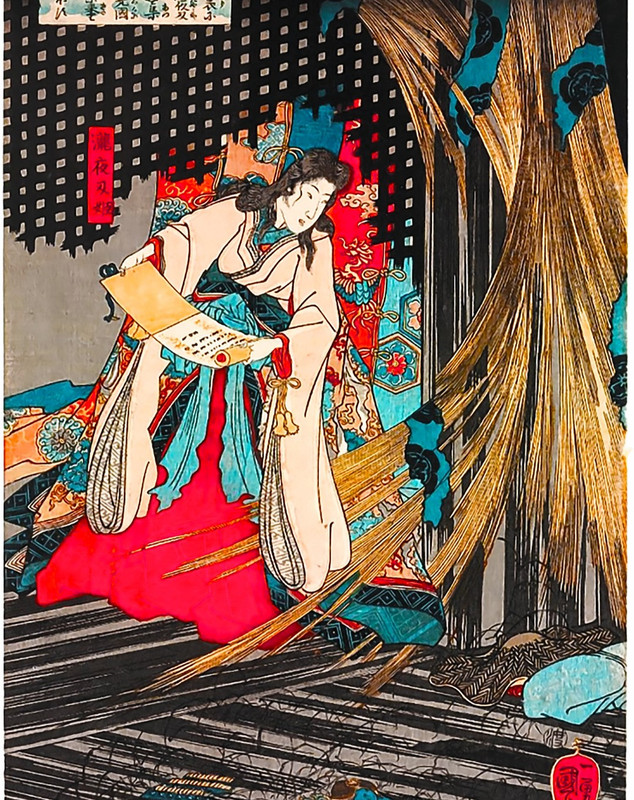
From around the 9th century during the Heian period, Onmyōdō interacted with Shinto and Goryō worship in Japan, and developed into a system unique to Japan.[3][1] Until then, Onmyōdō emphasized divination for policy decisions by high government officials, but since the Heian period, Onmyōdō has emphasized magic and religious services such as warding off evil for preventing natural disasters and epidemics and for the productiveness of grain, as well as curses against opponents.[3] Because Shinto places importance on purity, Shinto priests were required to perform misogi (ritual purification) and fast before performing these religious services, so their activities were restricted. On the other hand, since onmyōji did not have to perform misogi or fast, they were able to deal with kegare (uncleanliness) more easily, and they expanded their activities beyond the support of Shinto priests.
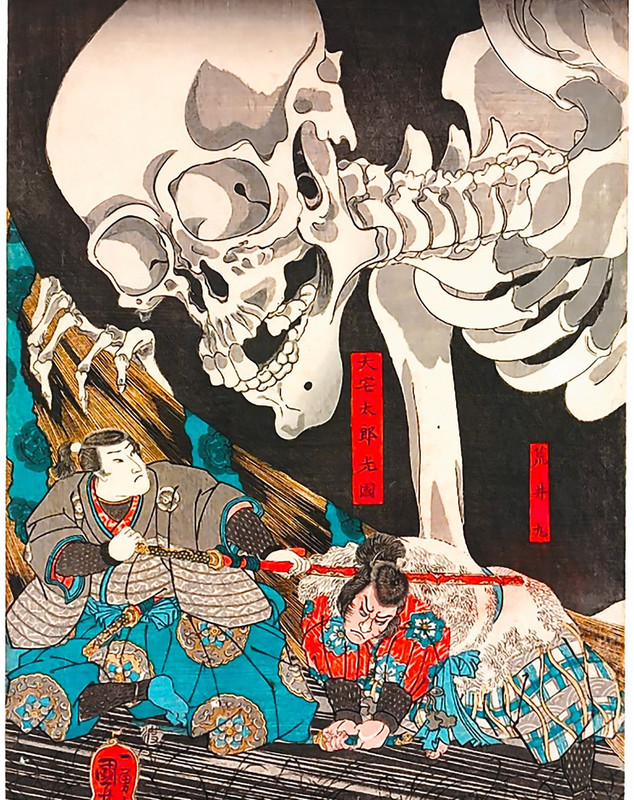
It gradually spread from the Imperial Court to the general public.[4] In the 10th century Kamo no Tadayuki (賀茂 忠行) and his son Kamo no Yasunori (賀茂 保典), made great advancements in Onmyōdō, astronomy and calendar science.[1]
From among their students emerged Abe no Seimei (安倍清明), who displayed superior skills in the divining arts of Onmyōdō, by which he gained an uncommon amount of trust from the court society. Tadayuki and Yasunori passed on their skills in astronomy to Seimei while their advances in calendar-making went to Yasunori's son. From the end of the Heian period into the Middle Ages, astronomy and calendar science were completely subsumed into Onmyōdō, and the Abe and Kamo families came to dominate the art in the Imperial Court.[1]
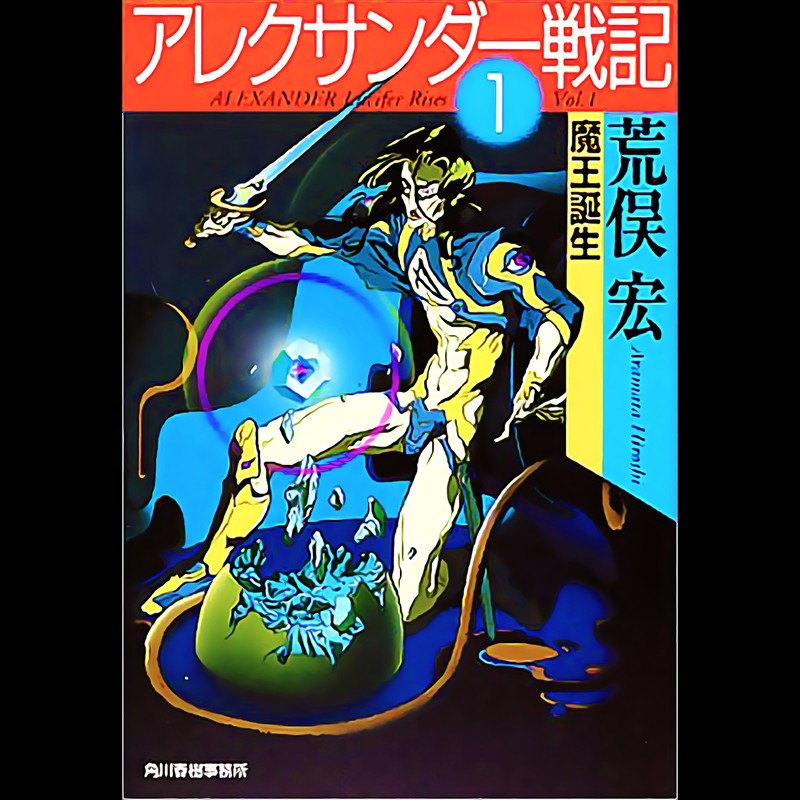

Onmyōdō (陰陽道, also In'yōdō, lit. 'The Way of Yin and Yang') is a technique that uses knowledge of astronomy and calendars to divine good fortune in terms of date, time, direction and general personal affairs, originating from the philosophy of the yin-yang and the five elements.[1]
The philosophy of yin and yang and wuxing was introduced to Japan at the beginning of the 6th century, and, influenced by Taoism, Buddhism, and Confucianism, evolved into the earliest system of Onmyōdō around the late 7th century. In 701, the Taiho Code established the departments and posts of onmyōji who practiced Onmyōdō in the Imperial Court, and Onmyōdō was institutionalized.[2][1] From around the 9th century during the Heian period, Onmyōdō interacted with Shinto and Goryō worship (御霊信仰) in Japan, and developed into a system unique to Japan.[3][4] Abe no Seimei, who was active during the Heian period, is the most famous onmyōji (Onmyōdō practitioner) in Japanese history and has appeared in various Japanese literature in later years. Onmyōdō was under the control of the imperial government, and later its courtiers, the Tsuchimikado family, until the middle of the 19th century, at which point it became prohibited as superstition.[2][1]

In the 5th and 6th centuries, the principles of yin-yang and the Five Elements were transmitted to Japan from China and Baekje along with Buddhism and Confucianism, particularly by the obscure Korean monk Gwalleuk. Yin-yang and the Five Elements, as well as the divisions of learning to which they were linked – astronomy, calendar-making, the reckoning of time, divination, and studies based on observation of nature – were amalgamated into fortune telling. This process of judging auspicious or harmful signs present in the natural world, was accepted into Japanese society as a technique for predicting good or bad fortune in the human world. Such techniques were known mostly by Buddhist monks and physicians[5] from mainland Asia, who were knowledgeable in reading and writing Chinese. Over time, demand from members of the Imperial Court who believed that Onmyōdō divination would be helpful in decision-making, made it necessary for the laity to perform the art, and onmyōji began to appear around the middle of the 7th century. Under the Taiho Code enacted in the early 8th century, the departments of the Imperial Court to which onmyōji belonged were defined by law.[1]

From around the 9th century during the Heian period, Onmyōdō interacted with Shinto and Goryō worship in Japan, and developed into a system unique to Japan.[3][1] Until then, Onmyōdō emphasized divination for policy decisions by high government officials, but since the Heian period, Onmyōdō has emphasized magic and religious services such as warding off evil for preventing natural disasters and epidemics and for the productiveness of grain, as well as curses against opponents.[3] Because Shinto places importance on purity, Shinto priests were required to perform misogi (ritual purification) and fast before performing these religious services, so their activities were restricted. On the other hand, since onmyōji did not have to perform misogi or fast, they were able to deal with kegare (uncleanliness) more easily, and they expanded their activities beyond the support of Shinto priests.

It gradually spread from the Imperial Court to the general public.[4] In the 10th century Kamo no Tadayuki (賀茂 忠行) and his son Kamo no Yasunori (賀茂 保典), made great advancements in Onmyōdō, astronomy and calendar science.[1]
From among their students emerged Abe no Seimei (安倍清明), who displayed superior skills in the divining arts of Onmyōdō, by which he gained an uncommon amount of trust from the court society. Tadayuki and Yasunori passed on their skills in astronomy to Seimei while their advances in calendar-making went to Yasunori's son. From the end of the Heian period into the Middle Ages, astronomy and calendar science were completely subsumed into Onmyōdō, and the Abe and Kamo families came to dominate the art in the Imperial Court.[1]





 Recent Posts
Recent Posts


